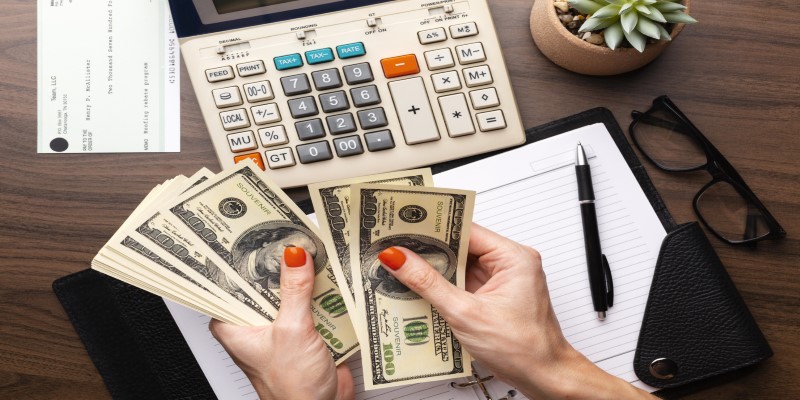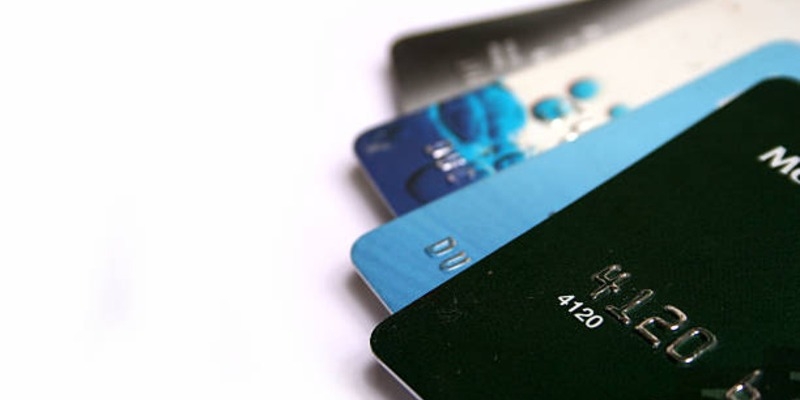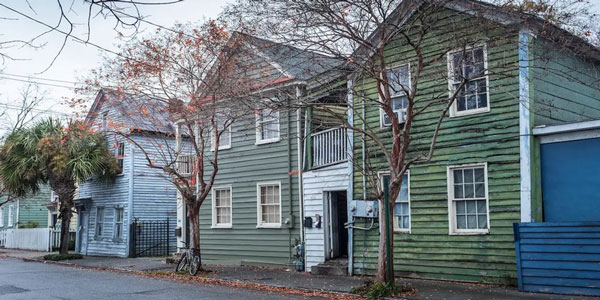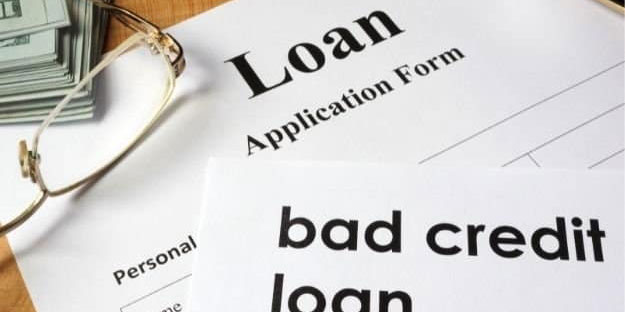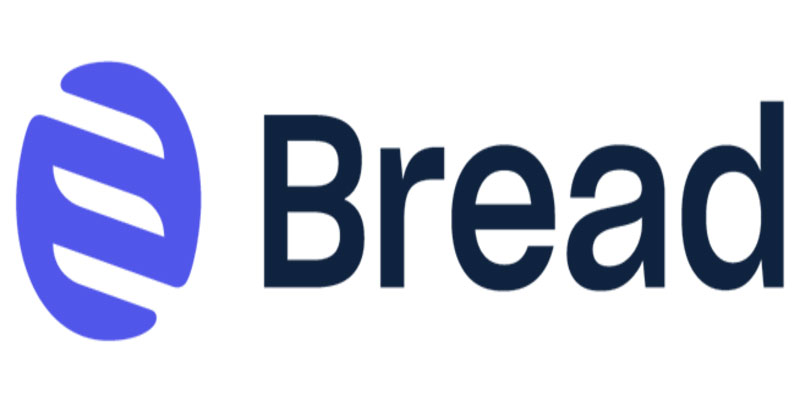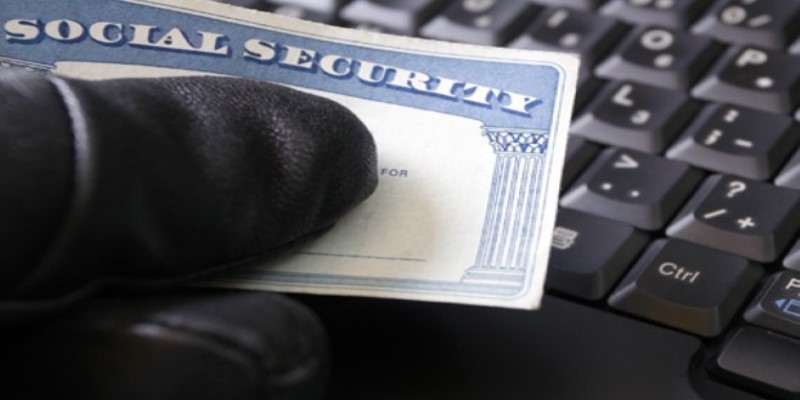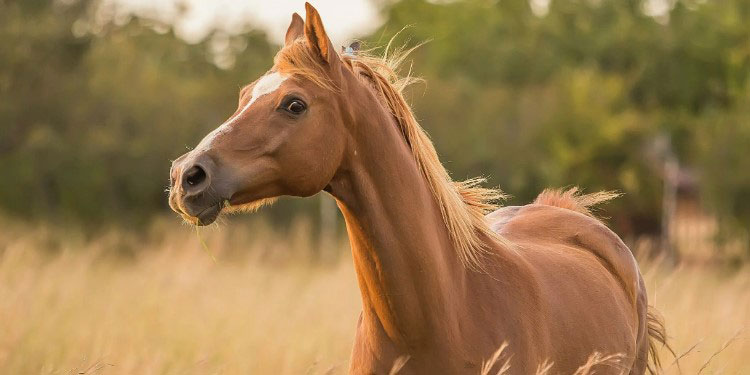
Breed, lineage, conformation (build), and aptitude all play a role in determining a horse's worth and price. An expensive price tag is to be expected when purchasing a pedigree horse that has been bred for specific qualities. If you're just riding for fun and are more concerned with the horse's personality than its lineage, you might not put much stock in its pedigree.
The time and skill required to train a horse for a given activity will affect the asking price. Finally, supply and demand in the horse market might lead to regional price variations. In the United States, the price of a horse typically ranges from $1,500 to $60,000. Age, level of training, and essential riding skills all play a role in determining the cost.
You might expect to pay less if you only want to use the horse for infrequent trail rides. A well-trained, competitive show horse, on the other hand, will cost considerably more.
Price and Maintenance Implications
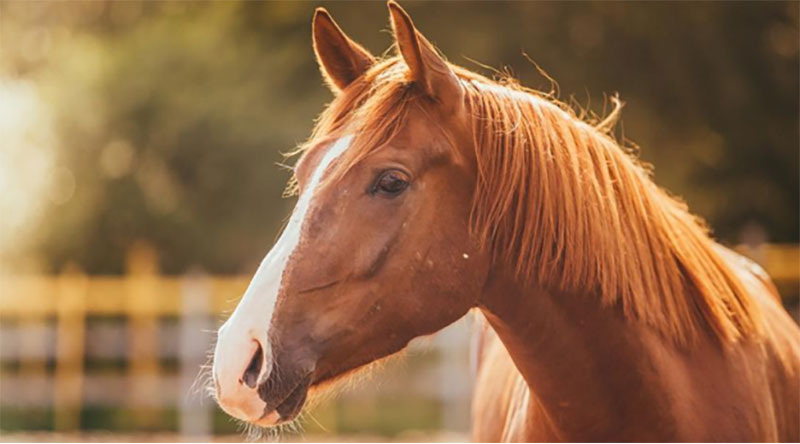
Few horses may be available for purchase, or the asking prices of those horses may be higher in a given year due to poor hay yields or increased feed and fuel expenditures. Some breeds of horses have seen their value drop due to the ban on slaughtering them for human consumption. Although the general horse market is not directly impacted, the market for older, injured, young, or untrained horses is impacted nonetheless.
The average cost of a horse is between $1,500 and $3,000, so prospective buyers should set aside at least that much. The sum will give you the most options, although you might be able to get a gem for less. You can pick from various options if you have more money to spend.
Cost of A Pony
Despite their smaller size, the costs of owning a pony are comparable to a horse's. A nice pony can cost as much as, or even more than, a horse. First-time pony buyers should budget at least $1,000.
Real Cost of a Free Horse
A gift horse will likely prove the adage, "Never look a gift horse in the mouth." Horses with behavioural concerns, lack of potential, or advanced age are often candidates for retirement. The answer is yes, and the horse you desire could be completely free if the owner is looking for a good retirement home. Although you may be helping someone else out, these horses are uncommon. Horses can be expensive, even if they were cheap to buy if they have health or soundness issues later on.
The Expenses While Purchasing a Horse
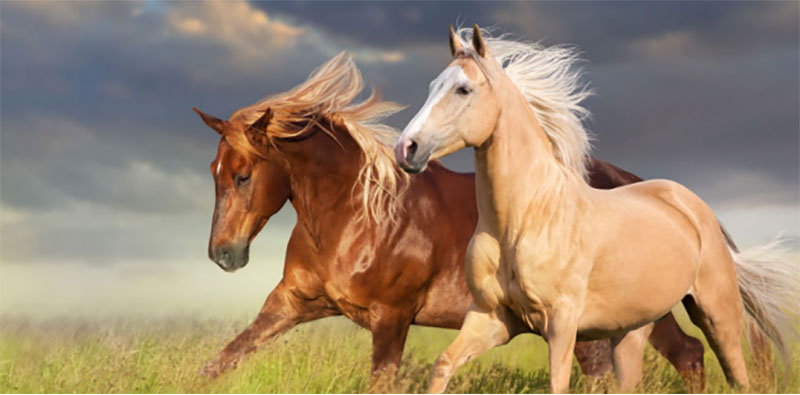
While an initial investment is required to acquire a horse, many ongoing expenses are associated with caring for one. For instance, you'll need to think about moving your horse when you buy it and getting it from its stable to other locations, such as shows or races.
Learn how much a month of boarding will set you back as well. A wide range of services is provided by boarding stables, from full-service to do-it-yourself stall cleaning. Some locations include designated riding spaces for those who want to use horses for leisure. If your horse needs bedding, find out if the boarding facility provides it.
Additional costs consist of:
- Consider how much you'll spend on your horse's grain mix, grass and hay, salt, and minerals. It's possible that your horse's hay needs won't be as great if he has access to pasture.
- Maintaining a healthy horse requires regular veterinary care, including vaccinations, checkups, and laboratory tests. Keep in mind that horses, like humans and other animals, are susceptible to illness and require proper care in the event of illness, which may include unexpectedly high costs. You should also think about getting your horse some sort of medical insurance.
- You will be responsible for the cost of any necessary equipment or supplies if your leisure riding requires specialised gear. Equine equipment may include a saddle, stirrup leathers, and cleaning tools. You can't go riding without the essential headgear, trousers and shoes.
- Needs of a Farrier Hooves of horses require routine maintenance, such as trimming, filing, and shoes in certain cases. Approximately every eight weeks, you'll need to trim this.
- Lessons are a good investment if you wish to learn how to ride a horse or if your horse needs regular training.
Final Thoughts
Most horse owners believe the cost is justified because having one's horse is the pinnacle of the equestrian experience. But before you go out and buy your horse, we want to make sure you know what to expect financially. That way, you may relax and enjoy your horse without stressing over the costs.
